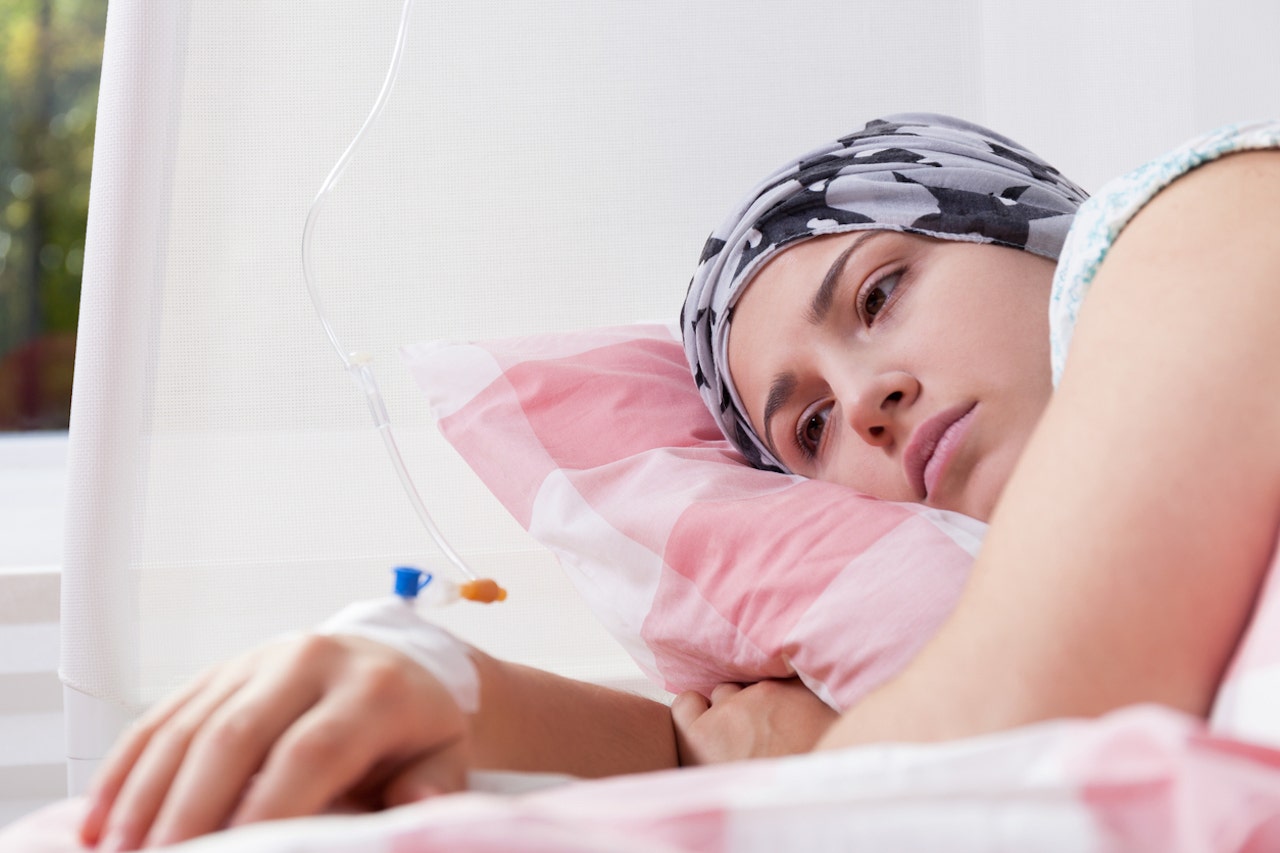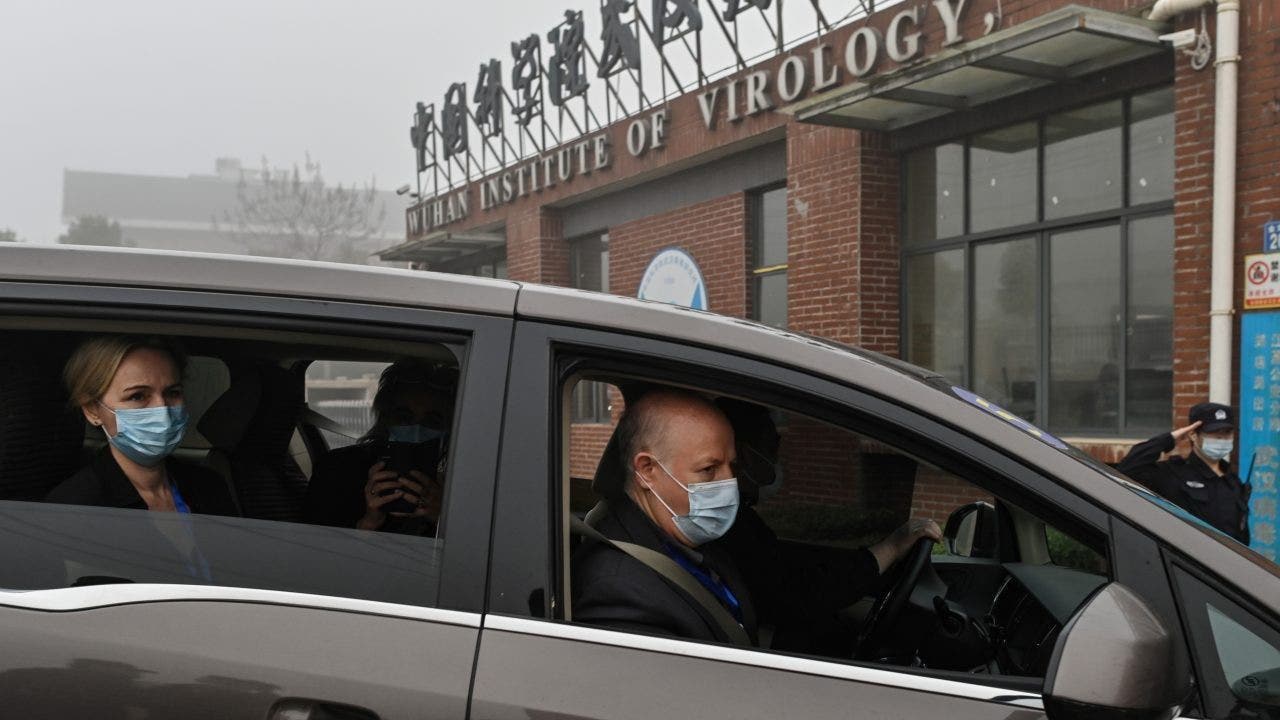Cancer survivors who feel lonely tend to have a greater risk of dying, research suggests.
The study, led by the American Cancer Society (ACS) and published in the Journal of the National Comprehensive Cancer Network (JNCCN), found that cancer survivors with the highest levels of loneliness had the highest mortality risk, according to a press release.
Researchers analyzed 3,447 cancer survivors 50 years of age and older, pulling data from the 2008-2018 Health and Retirement Study.
They used the UCLA Loneliness Scale to gauge levels of loneliness, ranging from none to severe.
“In this study, we found that elevated loneliness was associated with higher mortality risk among cancer survivors,” study author Jingxuan Zhao, senior associate scientist, health services research at the ACS, told Fox News Digital in an email.
Cancer survivors who feel lonely tend to have a greater risk of dying, new research suggests. (iStock)
“Prior research has shown that loneliness is associated with higher mortality risk in the general population, and the results are generally as expected.”
The researchers were somewhat surprised at the “robustness” of the findings and the fact that mortality risk was related to the degree of loneliness reported by survivors, Zhao noted.
CANCER RATES RISING IN YOUNG PEOPLE DUE TO ‘ACCELERATED AGING,’ NEW STUDY FINDS: ‘HIGHLY TROUBLING’
There are over 18 million cancer survivors in the U.S. and that number is expected to increase to 22 million by 2030, the release stated.
“We need to address this critical issue now,” Zhao said.
Steps to curb loneliness among survivors
Based on the findings, the researchers are calling for more programs to screen for loneliness and to improve social support for cancer survivors.
“This study has important clinical implications for health care providers,” Zhao said.
“For many older adults, retirement, the death of friends and spouses, loss of mobility, pain, illness, cognitive decline and life changes contribute to the feeling of a lack of purpose, which can lead to or worsen depression,” a mental health expert warned. (iStock)
“Our findings also highlight the importance of care coordination by cancer care clinicians and other specialty care providers and primary care to ensure that cancer survivors receive timely screening and effective intervention for loneliness.”
Added Zhao, “This study is especially timely given the recent Advisory on the Healing Effects of Social Connection and Community by the U.S. Surgeon General, which highlighted the adverse effects of loneliness for individuals and also for public health.“
LONELINESS CRISIS SWEEPING AMERICA COULD BE AS DEADLY AS SMOKING, SURGEON GENERAL WARNS
Lisa A. Lacasse, president of the ACS’ Cancer Action Network, emphasized the importance of investing in “patient navigation services” to help with survivors’ social and emotional needs.
“No one should have to take on cancer alone, and having a patient navigator helps ensure no one has to by providing necessary support throughout a complex and confusing diagnosis,” she said in the release.
Mental health experts reveal reactions
Diana Santiago, a licensed clinical social worker and supervisor of the Older Adult Program at Caron Treatment Centers in Pennsylvania, noted that the loneliness epidemic among older adults is “real and pervasive” — and not just among cancer survivors.
“For many older adults, retirement, the death of friends and spouses, loss of mobility, pain, illness, cognitive decline and life changes contribute to the feeling of a lack of purpose, which can lead to or worsen depression,” she told Fox News Digital.
“All of these factors are isolating, and often older adults will limit their social interactions and activities because of illness, fatigue or physical limitations.”
CLICK HERE TO SIGN UP FOR OUR HEALTH NEWSLETTER
Dr. Barbara Krantz, medical director of the Florida branch of Caron Treatment Centers, said she agreed that health care providers should screen for loneliness.
“Identification of these patients could diagnose, treat and enhance their life and give them hope for the future,” she said.
Experts agreed that providers should screen for loneliness. (iStock)
There were some limitations of the ACS study, the researchers acknowledged.
“Cancer-related information, such as cancer type, stage at diagnosis and whether respondents were receiving cancer treatment at the time of the survey, was not systematically collected,” Zhao told Fox News Digital.
“Understanding if these cancer-related factors can modify the association of loneliness and survival will be important for future studies.”
For more Health articles, visit www.foxnews.com/health.
Melissa Rudy is senior health editor and a member of the lifestyle team at Fox News Digital. Story tips can be sent to [email protected].



